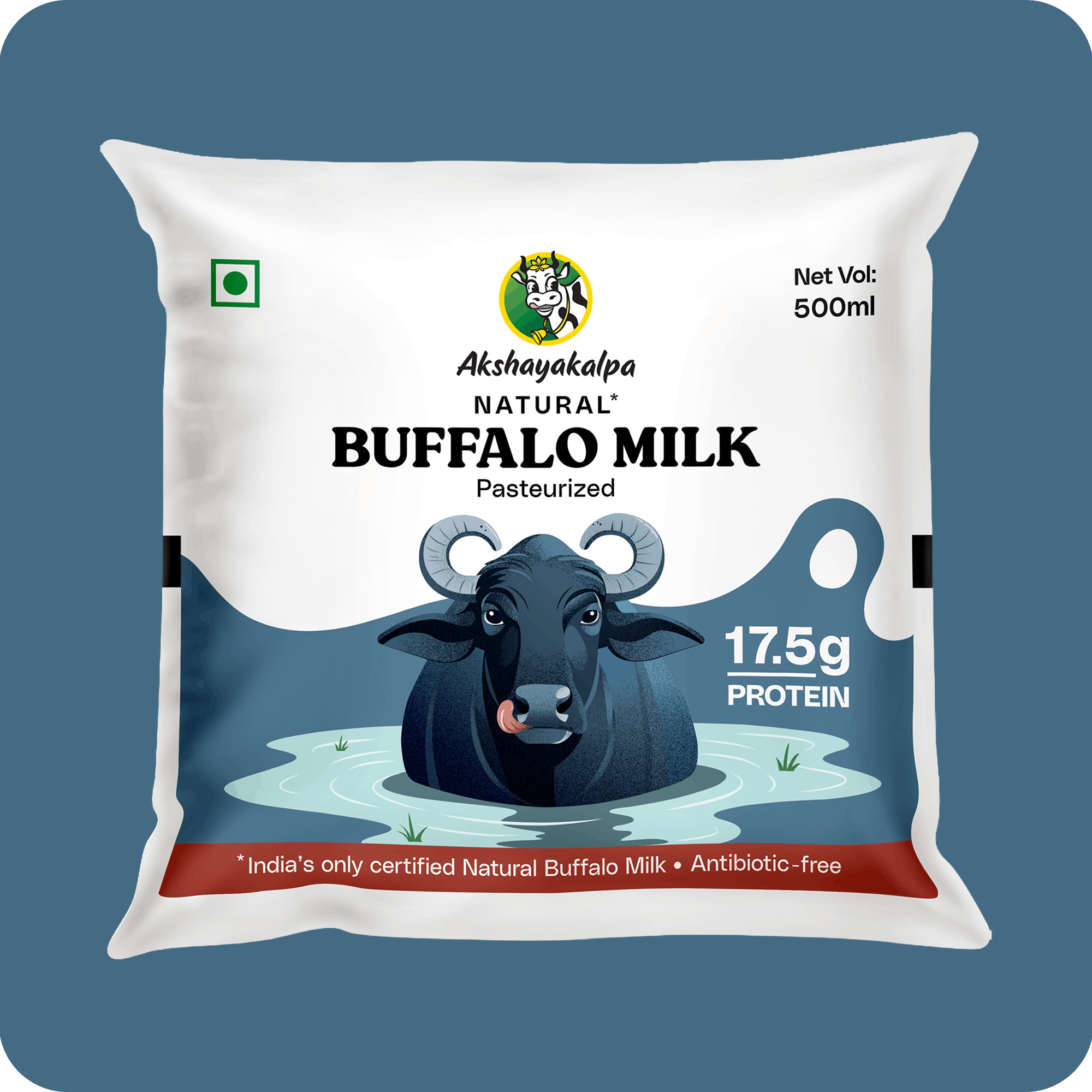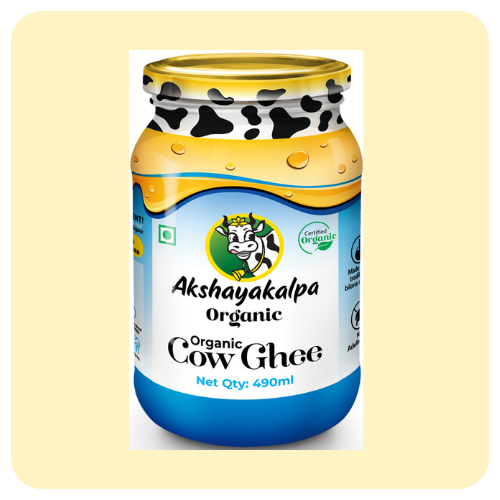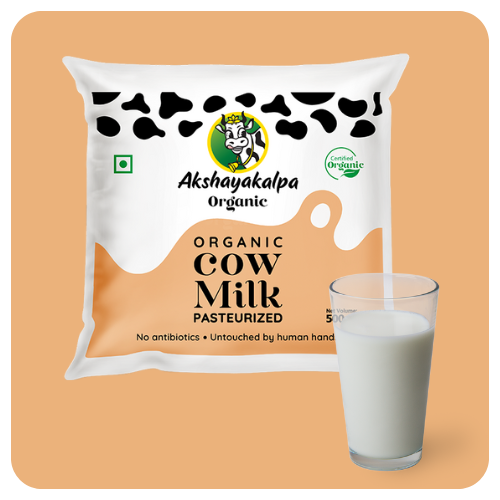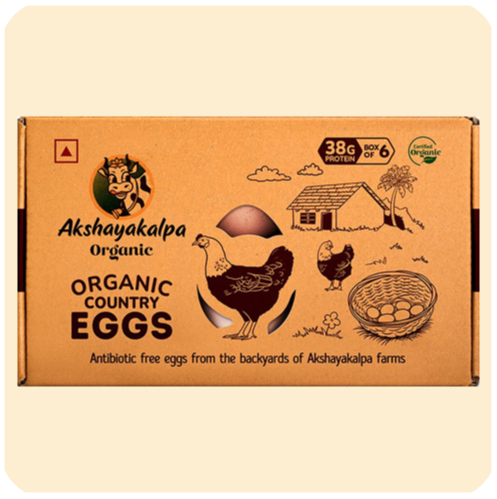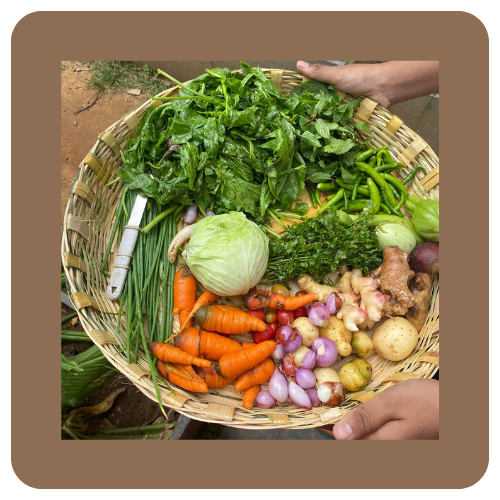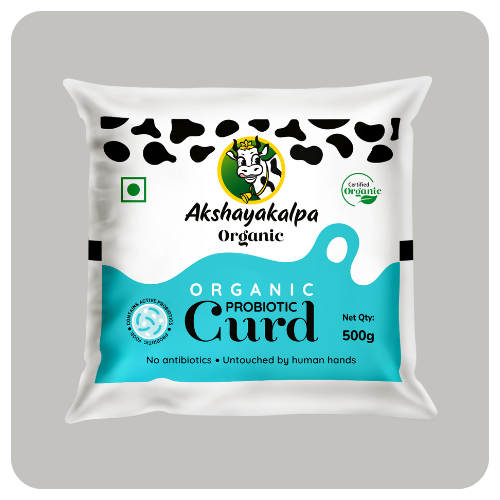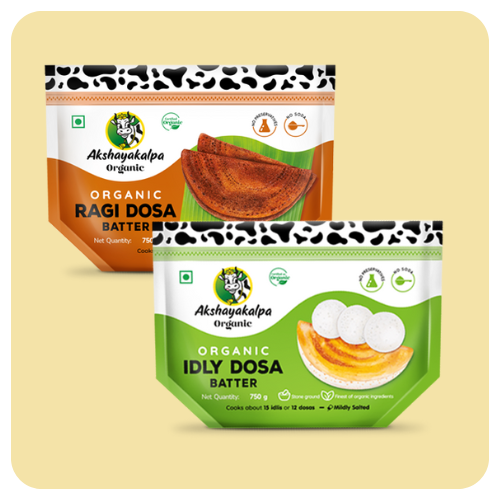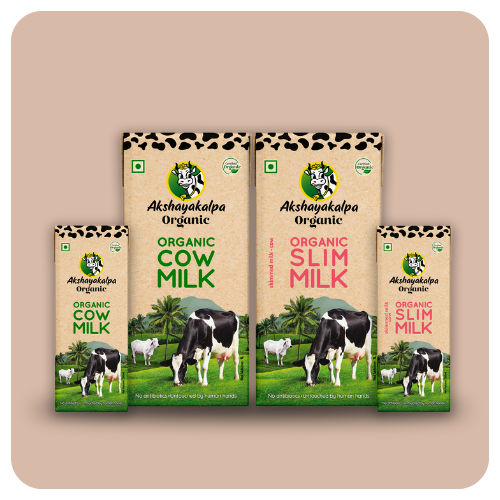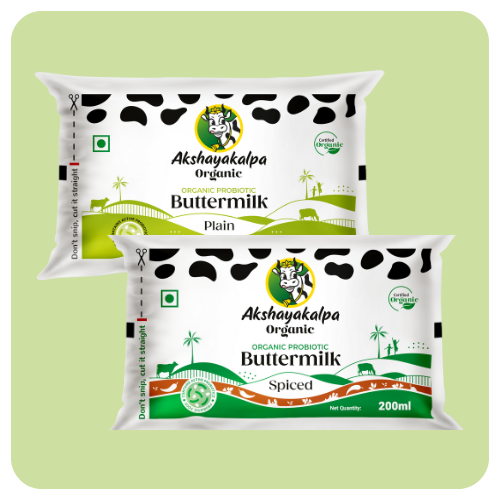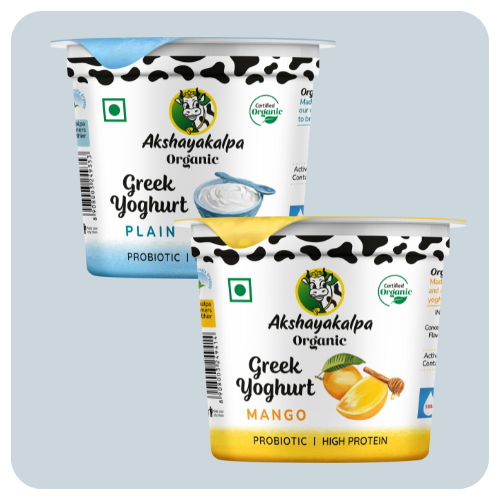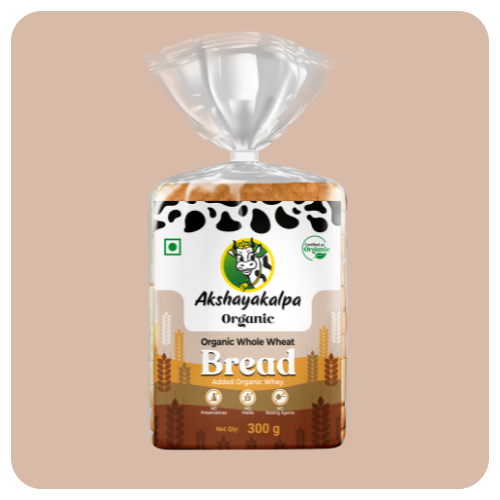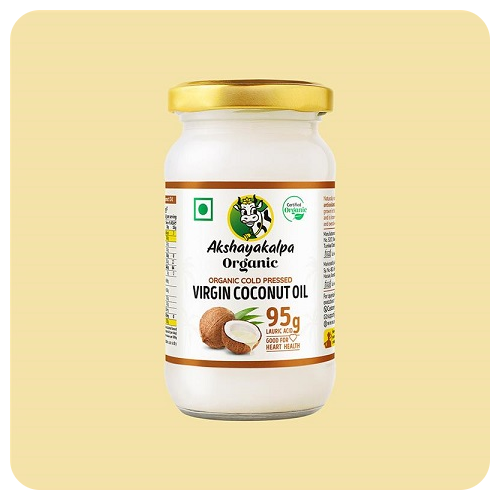How and when to Introduce your Child to Cow’s Milk

Babies and milk go hand-in-hand. And we, as Indians, are virtually inseparable from milk as we grow older too. We start our day with a warm cup of coffee or tea prepared from milk, almost all our meals have milk or milk products as ingredients either as butter, curd, ghee, paneer or as milk itself. Milk has been the go-to drink that our parents and grandparents warmed up every morning and evening. In most households it is one of the main sources of proteins, calcium, vitamins and minerals.
During the first year, a baby’s only food should be the mother’s milk as it contains all the necessary nutrients for the baby to grow healthy and strong. It is not advisable for the baby to be given cow’s milk. This is because before 12 months of age, the baby’s digestive system, especially the kidneys, is not developed enough to correctly process the amount of protein and minerals in cow’s milk.
However, as your child develops, adding organic milk to their diet can bring with is a host of benefits. Organic milk is rich in nutrients like calcium, vitamin B12 and vitamin D that are essential for development of strong bones and teeth. Calcium is also important for regulating the nervous and endocrine system in growing children. Organic milk is a rich source of high quality protein, the building blocks of the body, that helps in muscle growth, repair and overall well-being.
Once your child is over a year old, it is the ideal time to slowly introduce cow’s milk to their diet. Transitioning completely to cow’s milk is a slow process and takes time. Try introducing cow’s milk in small quantities and by mixing with breast milk or baby formula.
Even after introducing your baby to cow’s milk, you can continue to breastfeed as needed. In fact, several gynecologists recommend breastfeeding till the baby turns two. However, if the baby is familiar with cow’s milk by the time you are deciding to wean the baby off breast milk, the process is much easier because cow’s milk can be given to the baby instead.
When starting off your baby on cow’s milk, it is very important to choose milk wisely. Raw cow’s milk can carry harmful bacteria and other germs that can make your child very sick and can be life-threatening. Therefore, it is recommended to give only pasteurized or well-boiled milk to ensure that the milk is free from harmful bacteria and other germs.
But most importantly, remember to give your child organic milk. Organic milk is free from artificial hormones and antibiotics. And because, organic farms like Akshayakalpa let the cows roam freely, have unlimited access to clean water and nutritious feed, they live stress-free lives and pass on no stress hormones to the milk. The cows feed on organic fodder grown on the farms, ensuring the milk is free from chemical residues too. Furthermore, studies have shown organic milk to have a better nutritional package than its non-organic counterparts, making it the better choice for your little ones.
When introducing cow milk to children, it is important to keep an eye out for symptoms of lactose intolerance. Lactose intolerance may look like irritability, excess gas, diarrhea, vomiting, or rashes. Click here for more information on lactose intolerance in babies. *Link to lactose intolerance in babies blog). Should your baby suffer from intolerance towards lactose, they can still benefit from the nutrition of organic milk through Akshayakalpa Organic Lactose-free milk.
Akshayakalpa is striving hard to start a revolution of sorts, where clean and nutritious milk becomes common place, where milk is free from man-made bad and full of nature-made good. Rich in protein with all the essential amino acids to help provide energy, Omega 3 Fatty Acids, Antioxidants & Nutritional Minerals, calcium, vitamins B2, B12, and D, Akshayakalpa’s range of organic milk is the ideal choice for your family and loves ones.
